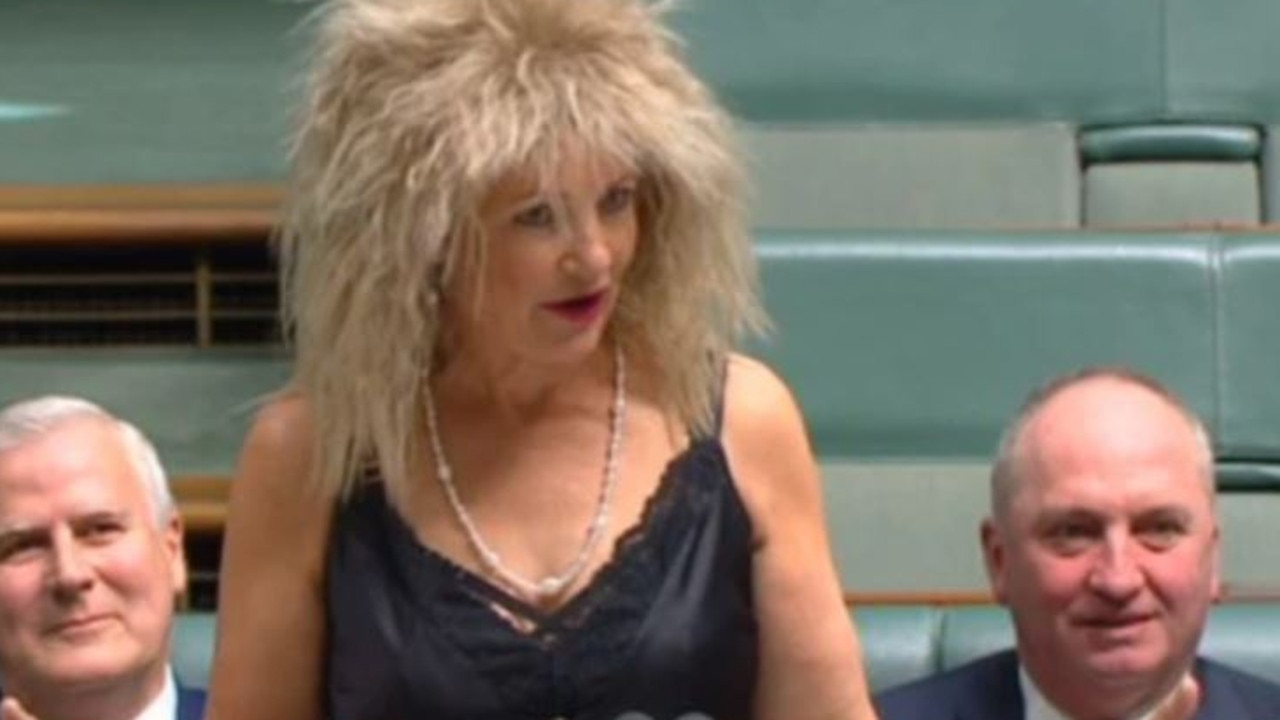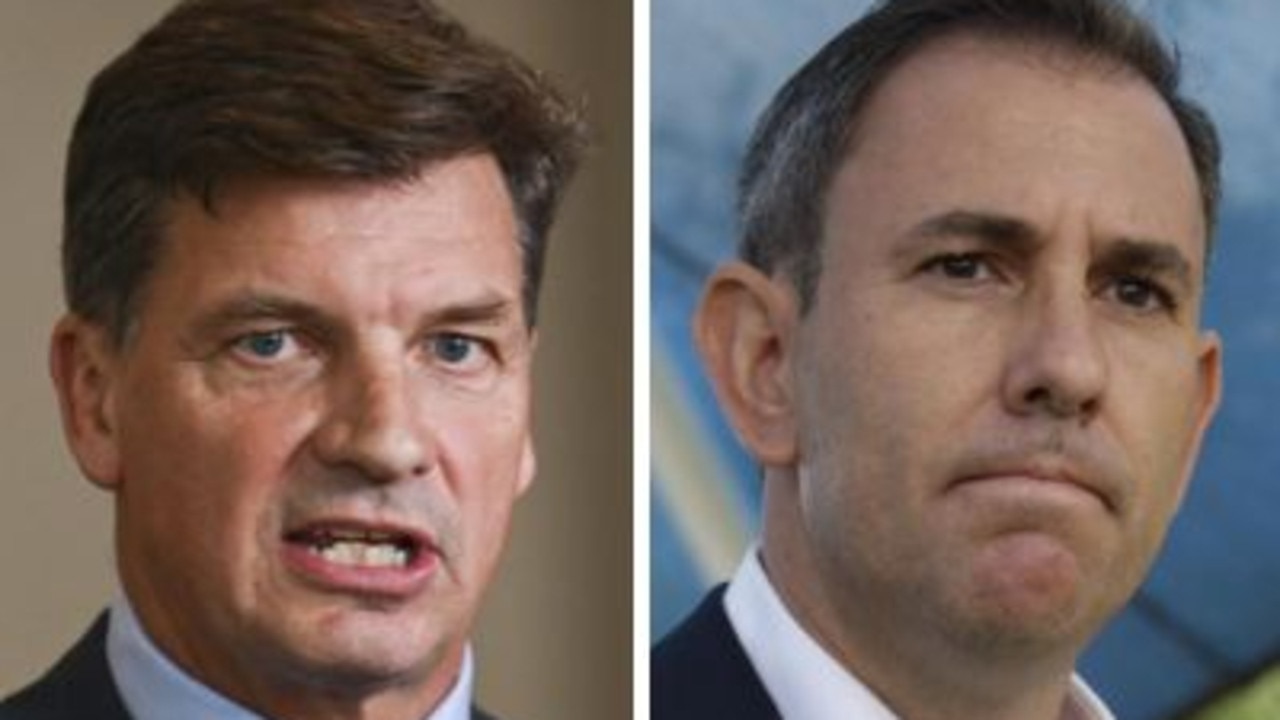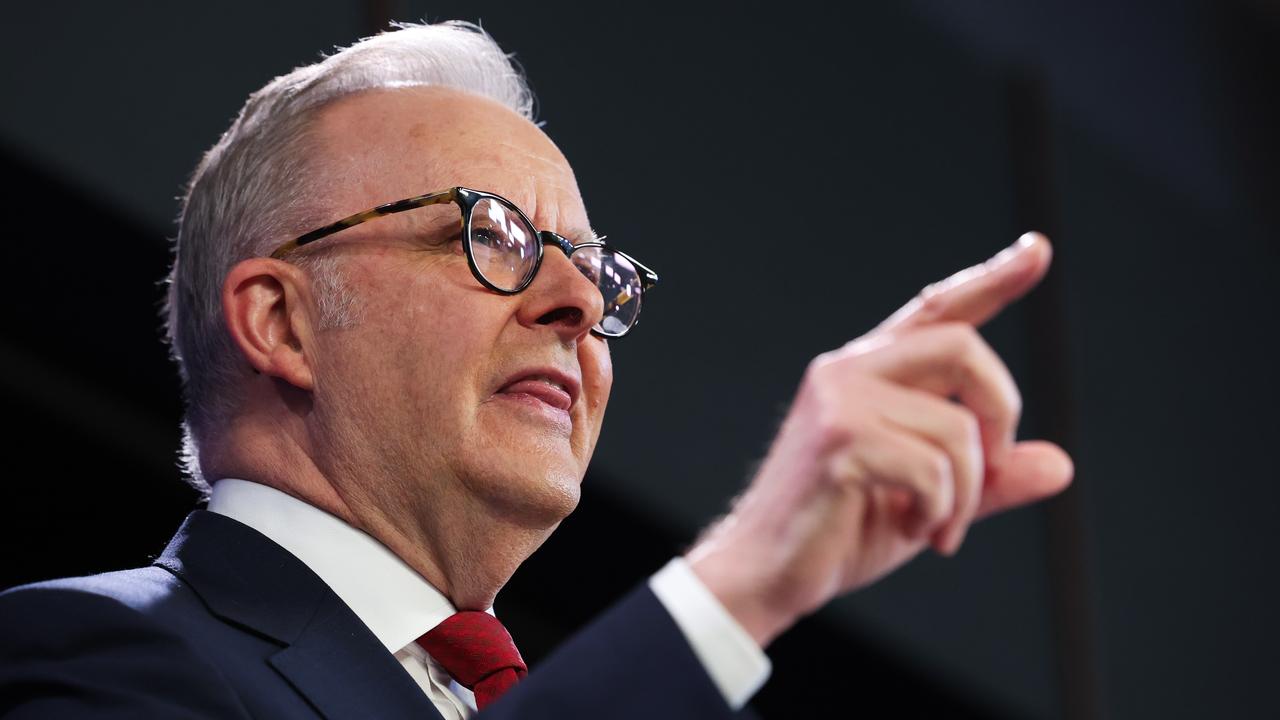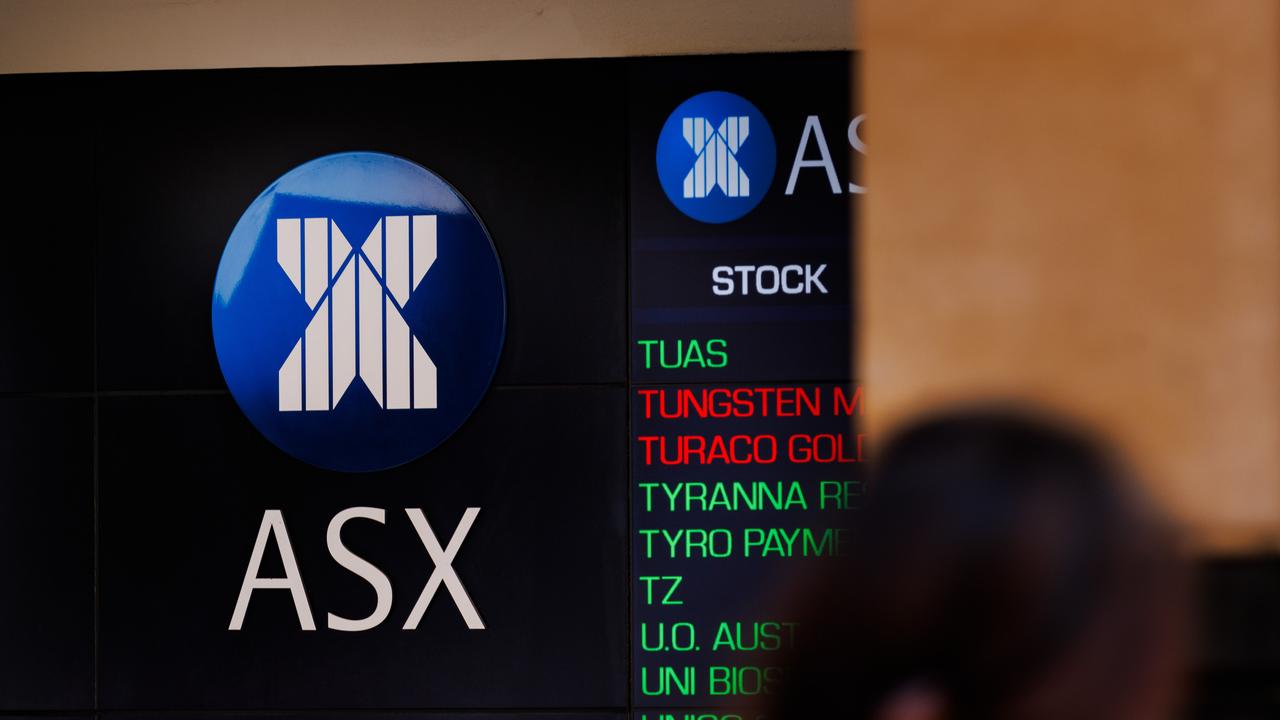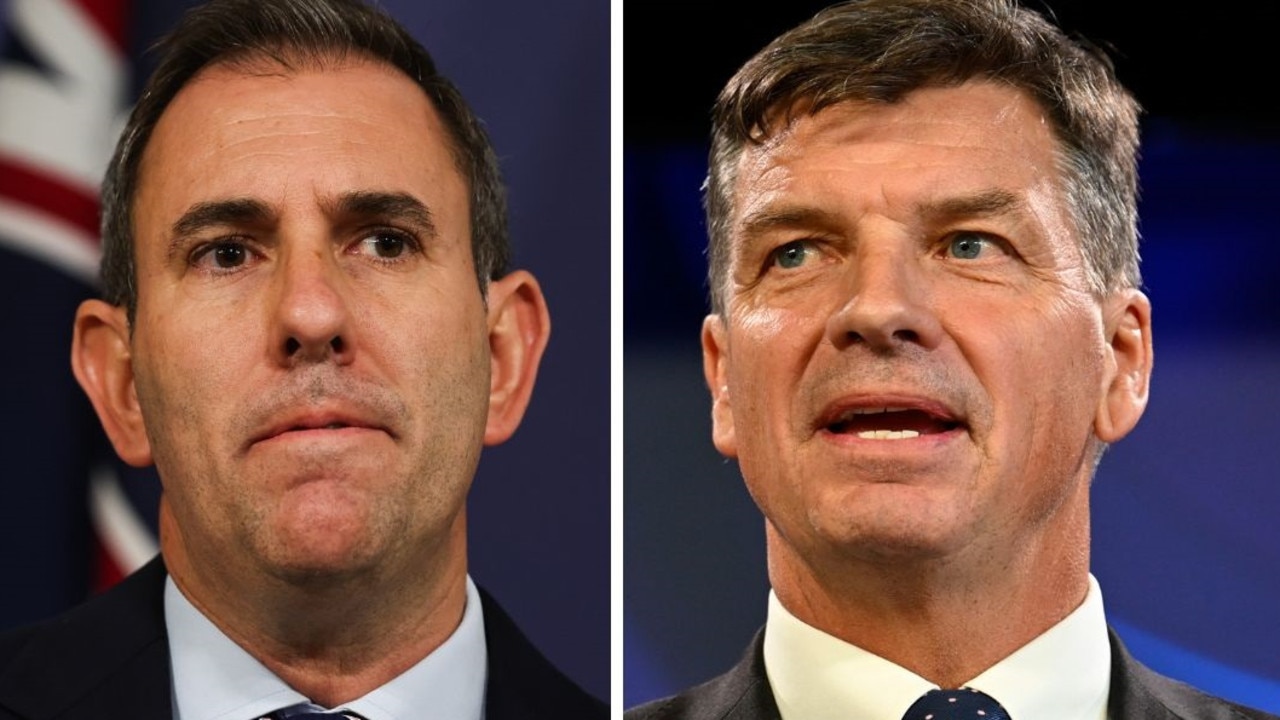Abbott Government higher education reforms will end up costing more than it will save
IT WAS the budget proposal that was supposed to improve our bottom line. But figures show that it will actually cost taxpayers more money than we could save.

Fed Budget
Don't miss out on the headlines from Fed Budget. Followed categories will be added to My News.
IT was supposed to save the government heaps of money. Billions, in fact.
But that claim has been blown open with research that shows the absolute opposite will happen.
When the government first introduced its surprise higher education reforms, it was touted as saving the government $4 billion over the next four years. That was then revised down to $640 million after a series of concessions designed to get the legislation passed in the Senate.
But nine months on from the federal budget, the reforms are still languishing in the Senate as Labor, the Greens and a handful of independent senators refuse to let it pass.
Students are worried about potential $100,000 degrees if a cap on fees is removed, while others have heavily criticised the government’s proposal to reduce university funding.
But, as the argument goes, the overhaul of the system was supposed to be worth it because, among other things, it would go a long way to help improve the budget situation.
Only it won’t.
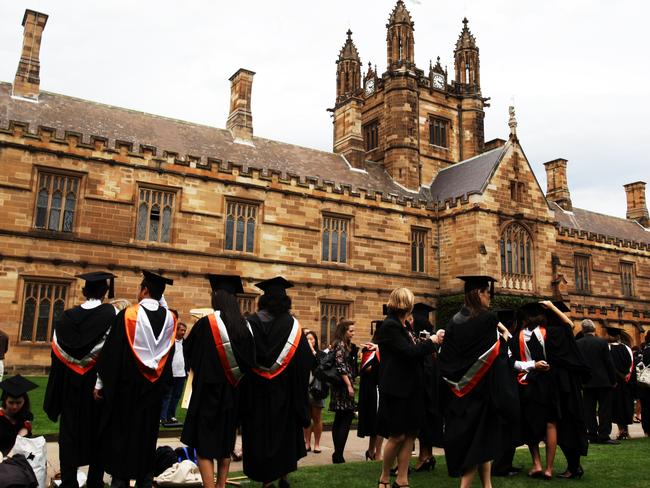
New modelling from the National Centre for Social and Economic Modelling (NATSEM) — an organisation attached to the University of Canberra — shows university fee deregulation will actually cost the government more money than it will save over the long term.
NATSEM principal research fellow Ben Phillips told news.com.au the modelling was based on what would happen over the long term as the flow-on effects from fee deregulation present themselves.
“There may be short term savings but the longer term is the issue, when you think about it beyond just the forward estimates.”
NATSEM’s modelling shows that if university fees increased by 50 per cent under deregulation — a “conservative” estimate according to Mr Phillips — the consumer price index (CPI) would be pushed up by 0.7 per cent.
The government rejects fees will increase by that much and has accused detractors of running a scare campaign.
Mr Phillips said a 0.7 per cent increase in CPI is similar to the increase driven by the carbon tax.
The CPI takes into account the rate of increased costs to households on essentials such as food, clothing, education, health and housing.
With increases in many government benefits pegged to the CPI, NATSEM’s figures show that welfare payments will increase by roughly $1 billion a year, every year.
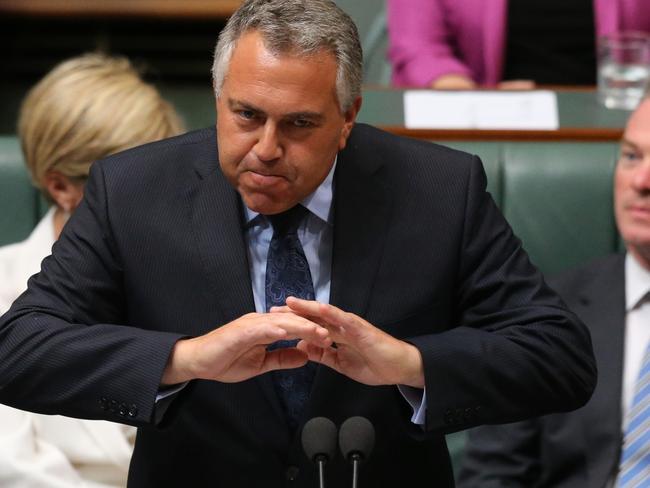
“Fiscally, it’s not a good move,” Mr Phillips said. “When you increase the fees, it feeds into the CPI and most government welfare is linked to the CPI. And that will persist into the future.”
One group the policy may actually benefit is pensioners. University fee increases won’t make much difference to pensioners but they’ll cash in from higher pension payments because of the growth in CPI.
The other cost to the government is the higher likelihood of bad debts. With the cost of degrees slated to increase, the government will also be shouldered with more debts that people can’t afford to pay back.
“If you double the debt then you’ll have a much higher share of bad debt – it will shoot up significantly. And the government will end up shelling out quite a bit more money.”
According to the government’s own figures, currently, 20 per cent of new student debt is listed as “doubtful debt” – debt that is unlikely to be paid back because it belongs to people who have either moved overseas or have died.
Grattan Institute research from 2013 estimated that more than 23 per cent of HELP loans (formerly HECS) aren’t likely to be paid back.
Many university bosses, including Melbourne University vice-chancellor Glyn Davis, is in support of fee deregulation, arguing the current system is unsustainable.
The Department of Finance said in a statement: “The budget impact of our higher education reforms has been costed by Finance taking all relevant considerations into account.
We do not agree that our higher education reforms will lead to the sort of fee increases some have suggested.
Competition between higher education providers will see many students paying less than they do now for their education as the Government supports more higher education options.
It is also important to note that higher education is only a very small part of the ABS’ calculation of the CPI.”
Originally published as Abbott Government higher education reforms will end up costing more than it will save

